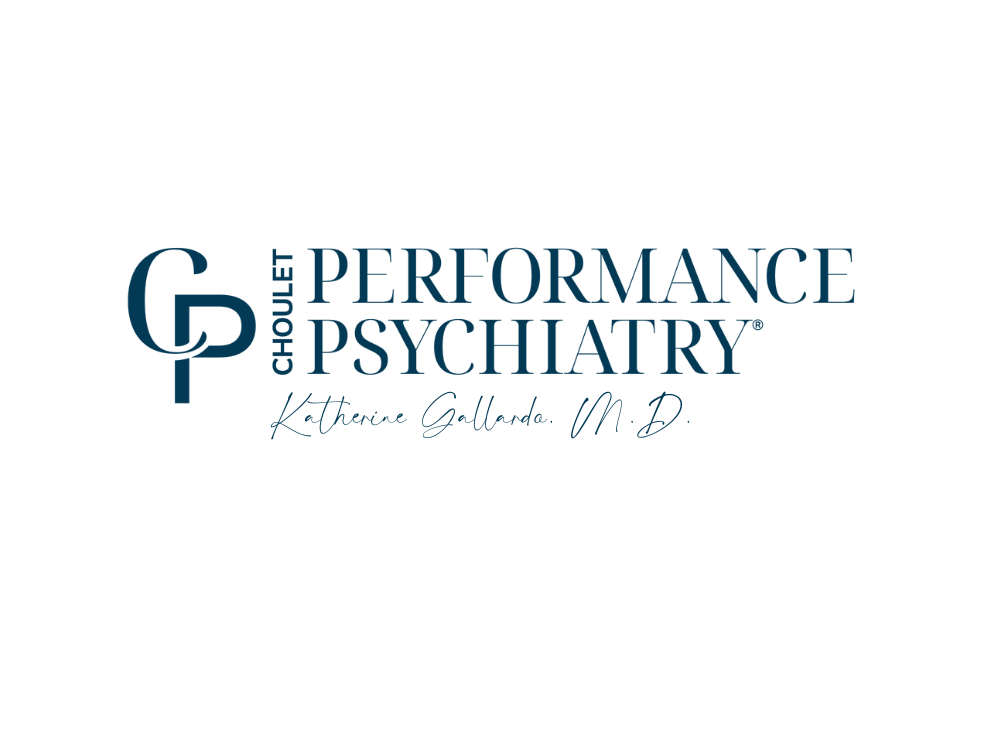How Can Anxiety and Depression Show Up Differently in Women?

Mental health conditions such as anxiety and depression affect millions of people worldwide, but their symptoms don’t always look the same in everyone. Women may be more likely to experience or express these conditions differently from men. Recognizing these differences is an important step toward understanding your mental health and seeking the right kind of support.
Why Do Symptoms Differ in Women?
There are several reasons why anxiety and depression can show up differently in women, including hormonal changes, societal expectations, and biological factors. Life stages such as puberty, pregnancy, postpartum, and menopause can all influence how mental health symptoms appear and evolve.
Signs of Anxiety in Women
While everyone feels anxious from time to time, persistent anxiety can become overwhelming and interfere with daily life. In women, anxiety may present with:
• Excessive Worry: Women often report ongoing, uncontrollable worry about a wide range of everyday issues, such as family, health, or work.
• Physical Symptoms: Headaches, digestive issues, muscle tension, and difficulty sleeping are common physical manifestations.
• Perfectionism and Overthinking: Many women may feel pressure to meet high expectations, leading to perfectionism and excessive rumination.
• Irritability or Restlessness: Feeling on edge, easily startled, or having trouble relaxing are frequent symptoms.
Signs of Depression in Women
Depression is more than just feeling sad. It can impact every aspect of daily life. In women, depression might look like:
• Changes in Sleep and Appetite: Women may experience insomnia or oversleeping, as well as significant changes in appetite or weight.
• Chronic Fatigue: Ongoing tiredness or lack of energy, even after a full night’s sleep, is a common complaint.
• Emotional Symptoms: Women are more likely to express feelings of guilt, worthlessness, or self-blame.
• Withdrawal and Isolation: Withdrawing from friends, family, or activities once enjoyed can be a sign of depression.
• Physical Complaints: Women often experience unexplained aches, pains, or digestive issues alongside emotional symptoms.
Overlapping Symptoms and the Importance of Care
It’s important to note that anxiety and depression frequently occur together, and their symptoms can overlap, sometimes making it difficult to distinguish between the two. For example, both conditions can cause sleep problems, changes in appetite, fatigue, and difficulty concentrating. This overlap can sometimes delay diagnosis or lead to incomplete treatment if all symptoms are not fully explored.
Additionally, women may experience unique mental health challenges that require specialized attention. Conditions such as premenstrual dysphoric disorder (PMDD), which causes severe mood changes in the weeks leading up to menstruation, or postpartum depression, which can occur after childbirth, are examples of mental health conditions specific to women. Hormonal changes related to menopause can also play a significant role in the onset or worsening of anxiety and depression symptoms.
Because these conditions can be complex and multifaceted, a thorough evaluation by a board-certified psychiatrist such as Dr. Gallardo is essential. An accurate diagnosis involves considering your full medical history, hormone cycles, life circumstances, and physical symptoms that might not initially seem related to mental health. Only through a careful and comprehensive assessment can the most appropriate treatment plan be developed, one that addresses the root causes and provides personalized support. It is important to note that sometimes, comprehensive assessments may take time and happen over multiple visits.
Reach Out for Personalized Support
Anxiety and depression can affect anyone, but women often experience these conditions in ways that reflect their unique biology, social roles, and life experiences. Recognizing the signs and understanding that your experience is valid are the first steps toward feeling better.
If you or someone you know is struggling with anxiety or depression, contact Katherine Gallardo, MD, to schedule a consultation and take the first step toward a healthier, more balanced life. Visit our website to book an appointment today.









